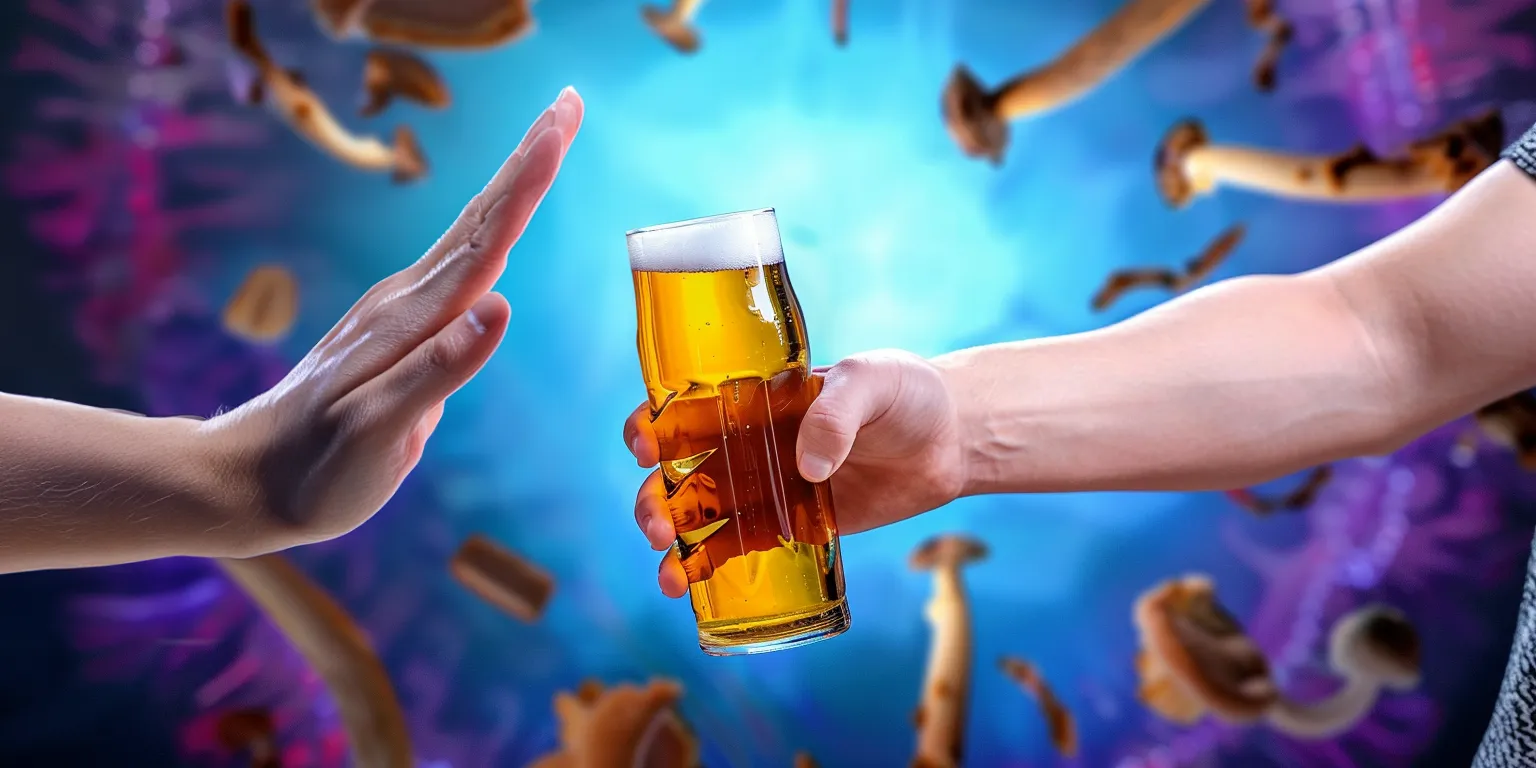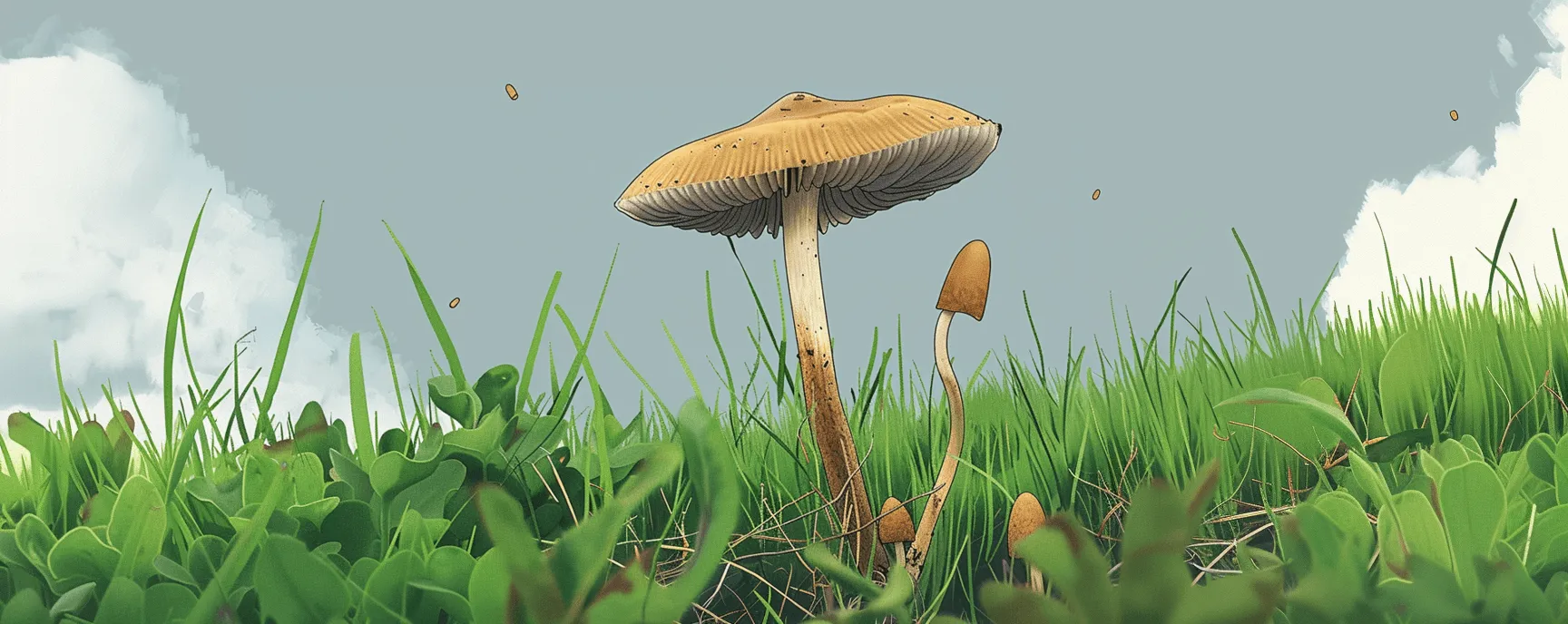Acouple, I’ll call them Ellen and Jim, recently spoke to me about how a weekend retreat guided by a trained therapist changed their relationship, and their lives. Now in their 40s, their love had been lost over the years due to the demands of raising two kids and building their careers — all compounded by pandemic-related stress. What was once harmonious became a cacophony of bickering, to-do lists, resentment, and neglect. The rift became a drift towards a “you vs. me” life where there had once been a “we.”
Jim acknowledged that during arguments, “I would speak and she’d respond, [and] instead of listening, I’d be re-loading.” In other words, rather than believing they had each other’s back, they both started assuming that their partner was more interested in getting their way and being right. This may have been an intractable communication gap. Fortunately, theirs was no ordinary weekend retreat. The trained therapist guiding Ellen and Jim employed a controversial substance called MDMA.
MDMA (commonly known as the street drug Molly or Ecstasy) is a non-classical psychedelic drug that acts primarily on the brain’s serotonin systems. Originally developed in 1912 by the pharmaceutical company Merck, MDMA is a powerful empathogen and entactogen (meaning it enhances feelings of empathy, love and connection). It is also known to cause euphoria, elevated mood, reduced anxiety, and an increased sense of connection with the people around you.(1, 2)
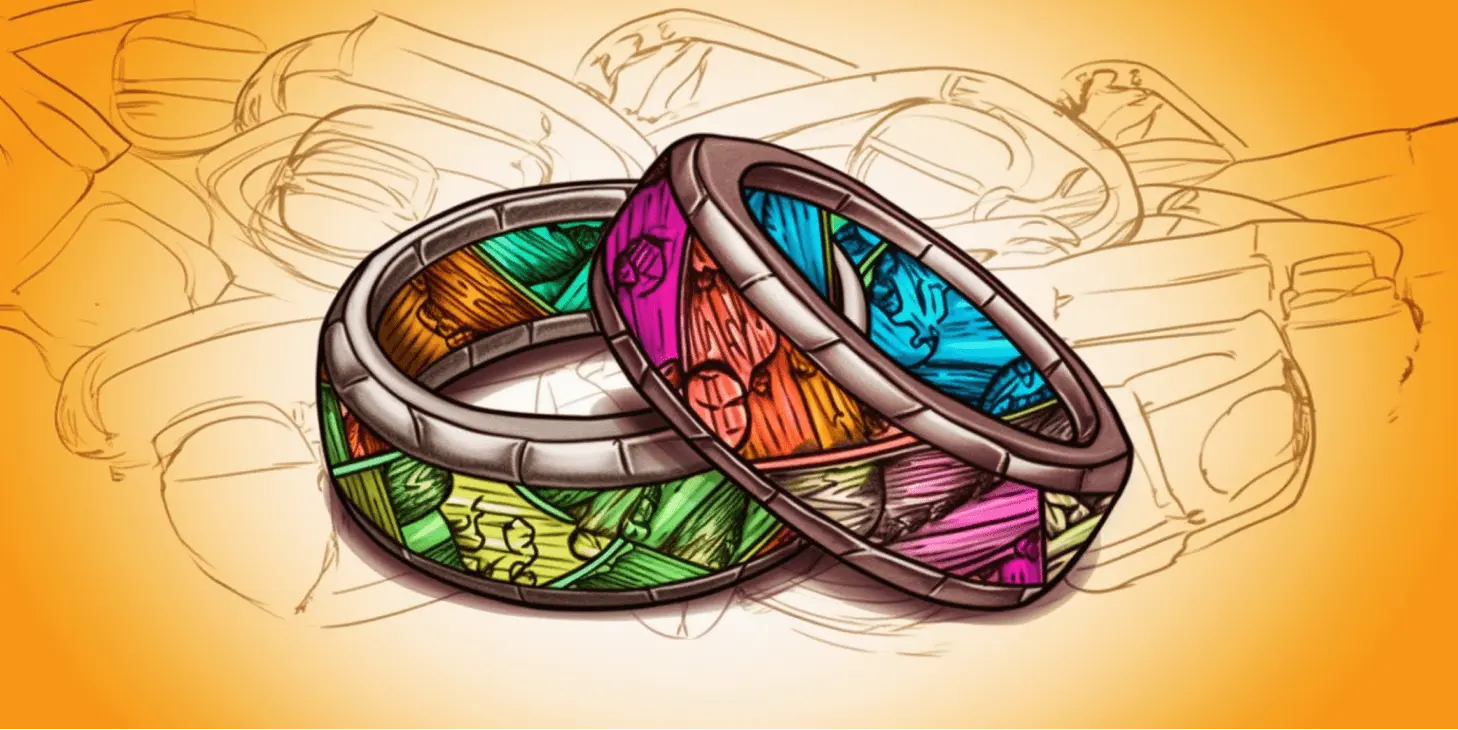
Molly for Couple Troubles?
Today’s couples are in a bind. Stress from work, family troubles, and economic worries continue to grow. For some, this added stress can cause a rift to develop, leading to increased tension and resentment.
Keep Up with Uncensored Psychedelic Trends
Join our newsletter at Psychedelics Uncensored.
We respect and protect your privacy. By subscribing your info will be subject to our privacy policy . Unsubscribe easily at any time
Add to this, the difficulties of living in a time of cultural upheaval in a country that seems to be coming apart, and on a planet that appears to be coming to a boil. The result is a dissolving sense of safety and security, a rising sense of loneliness, alienation, and despair… and a stubbornly high divorce rate.
Couples enter counseling stretched thin, stressed out, and sometimes snapping in two. That’s why, as a licensed psychoanalyst and mental health counselor in private practice for 35 years, I have always been intrigued by reports that a session with MDMA can result in progress equivalent to six to twelve months’ worth of traditional couples counseling.
After our own midlife discovery of MDMA, my wife and I began using it several times a year and found something incredible. MDMA bestowed benefits that accrued over time. In other words, the benefits aren’t isolated to the hours in which you’re experiencing the impact of the substance. It helped us open up to one another, speak deep truths, and even learn to value play again. With responsible use, MDMA and these new discoveries supported our goal of binding ourselves even tighter together. So much so that I wrote a book about it, Listening to Ecstasy – The Transformative Power of MDMA.
Ellen and Jim would soon come to make their own “love drug”-powered discoveries. However, like so many things in life, there must occasionally be turmoil before peace. They would recount how Ellen initially experienced anxiety while under the effects of MDMA. Almost immediately, she realized this was the same anxiety she’d been living with for years, but had always tried to suppress. It was the fear that she had married the wrong person. Fear that Jim would stray. Fear of growing old and bitter together. Or of divorcing and being a single mom, and alone for the rest of her life.
The therapist asked her to breathe into – and through – the anxiety. She soon broke past it and out to the other side, where she said, “[I] found only love. The love I’d held back because I feared he’d stomp on my heart or wouldn’t want it. But at that moment, all I was really feeling was wanting to give my heart to Jim. So I told him that. He looked surprised, and then he told me how very much he’d been missing me. He was in tears.” For the first time in years, they experienced the kind of love that had brought them together in the first place.
MDMA: An Uncanny Chemical
As mentioned, MDMA also goes by the popular names of either Ecstasy or Molly (although drugs sold with those names are often adulterated). It’s a synthetic compound first popularized in the bohemian culture of the 1970s in California, where chemist Sasha Shulgin distributed it to psychotherapists to experiment with on their patients.(3)
Keep Up with Psychedelic Trends
Get uncensored psychedelic news, events, and updates. Join Psychedelics Uncensored!
We respect and protect your privacy. By subscribing your info will be subject to our privacy policy . Unsubscribe easily at any time
Soon, however, MDMA spread to the dance and rave culture, and in 1985, the U.S. government made it a Schedule 1 drug. Meaning the government decided it had no “medical uses” and was “easily abused.”
Decades later, new research strongly suggests that MDMA has an uncanny ability to heal minds and lives. A final round of clinical trials are now being conducted with combat veterans and survivors of sexual violence. All of these trial participants were diagnosed with intractable cases of Post Traumatic Stress Disorder (PTSD). Preliminary results show that after three sessions with MDMA, interspersed with several sessions of talk therapy, 67% of participants no longer meet the qualifications for PTSD two months after the treatment. If this progress continues, MDMA is slated to become a prescription medication by the first half of 2023.(4)
“We went from enemy to empathy in a matter of minutes.”
A standard 120 mg dose of MDMA can act like a four to six-hour reset. It releases serotonin, the “feel-good” neurotransmitter, along with oxytocin, the empathy and bonding neurotransmitter. Together, they can imbue a couple with feelings of well-being and safety. This facilitates the breakdown of defensive walls built up from years of hurt, blame, and resentment. With a greater feeling of empathy for their partner’s pain, channels of communication re-open as they each experience the great relief of once again having a partner they can really talk to. Or, as Jim put it, “We went from enemy to empathy in a matter of minutes.” In this deeply bonding and healing environment, the therapist was able to help Ellen and Jim get down to the business of forgiveness and repair.(1, 2)
A New Lease on Love
While it’s not a “sex drug” per se, MDMA does heighten physical sensations. Ellen told me how the two of them felt like they were playing in a sensuous sandbox, often cuddling and caressing during the session. They found something we grownups can easily forget: that pleasure, joy, fun, and play can be transformational experiences.(5)
Afterward, they felt as if their love affair had been rekindled, and they reconnected to the heartfelt affection with each other that they had so sorely missed. It was a chemical experience that helped them reclaim the “chemistry” that originally drew them together. This makes healing not only possible, but pleasurable. I call it bonding through bliss.
Ellen and Jim found that their newly opened hearts helped open their minds to a fresh view of each other and life itself.

Tools for a Relationship Reset
Ellen and Jim reported that their MDMA-assisted psychotherapy experience added depth, joy, peace, and celebration to their partnership. It has worked like a relationship super glue that helped them build resilience to pull through the hard times. They were surprised that, three, six, even 12 months after a guided day with the medicine, they found themselves still employing the tools they acquired.
Here are a few of them:
SAFETY FIRST
Couples must continuously feel emotionally safe with each other. The medicine teaches that positive interactions — expressions of love, appreciation, and (especially) gratitude and physical affection — can help reassure partners that they can feel safe (and can therefore be open) with each other.
LISTENING WITH EMPATHY
Doing your best to feel what it’s like to be in your partner’s shoes can go a long way towards soothing them after they’ve had a hard day. Also, letting them know you hear them shows that you’re trying to understand their point of view. Often, we just want to feel seen, heard, and appreciated.
ANCHORING
The feelings of tender self-regard while high on MDMA can teach us to take better care of ourselves and attend to our needs. This may include daily time outs from our routines, such as a meditation break, relaxing to beautiful music, exercise, enjoying delicious and nutritious meals, and/or pleasurable date nights. In other words, rewards for hard work.
SELF CARE
The feelings of tender self-regard while high on MDMA can teach us to take better care of ourselves and attend to our needs. This may include daily time outs from our routines, such as a meditation break, relaxing to beautiful music, exercise, enjoying delicious and nutritious meals, and/or pleasurable date nights. In other words, rewards for hard work.
BREATH
Remembering to take a series of long, slow, deep breaths, especially when feeling emotionally triggered, can often keep a disagreement from spiraling out of control.
ASSUME POSITIVE INTENT
Sometimes, it may seem our partner is trying to anger or hurt us. But, way more often than not, they do not intend to do so. They either mean well or are simply trying to care for themselves. Reminding yourself of this can turn down the heat in any argument before it drags the two of you into a rancorous rabbit hole.
Tips for an MDMA Journey
As with many other psychedelic drugs, there are more and less useful ways to engage with MDMA. Protocols have been developed through hard experiences by hundreds of thousands of users over the years. This is what they’ve found to best minimize the risks and maximize the benefits:
Sources

1. Nichols, D. E. (2022). Entactogens: How the Name for a Novel Class of Psychoactive Agents Originated. Frontiers in Psychiatry, 13. https://doi.org/10.3389/fpsyt.2022.863088
2. Hysek, C. M., Schmid, Y., Simmler, L. D., Domes, G., Heinrichs, M., Eisenegger, C., Preller, K. H., Quednow, B. B., & Liechti, M. E. (2013). MDMA enhances emotional empathy and prosocial behavior. Social Cognitive and Affective Neuroscience, 9(11), 1645–1652. https://pubmed.ncbi.nlm.nih.gov/24097374/
3. Holland, J. (2001). Ecstasy: the complete guide: a comprehensive look at the risks and benefits of MDMA. Park Street Press.
4. Inouye, A., & Wolfgang, A. (2022). Methylenedioxymethamphetamine (MDMA)-Assisted Therapy in Hawaii: A Brief Review. Cureus. https://doi.org/10.7759/cureus.26402
5. Cohen, R. S. (1995). Subjective reports on the effects of the MDMA (“ecstasy”) experience in humans. Progress in Neuro-Psychopharmacology & Biological Psychiatry, 19(7), 1137–1145. https://doi.org/10.1016/0278-5846(95)00231-6
6. Cohen, I. V., Makunts, T., Abagyan, R., & Thomas, K. (2021). Concomitant drugs associated with increased mortality for MDMA users reported in a drug safety surveillance database. Scientific Reports, 11(1). https://doi.org/10.1038/s41598-021-85389-x
7. MD, J. M., & California Pacific Medical Center Research Institute. (2013, May 29). The Effects of MDMA on Sleep Architecture, Water Homeostasis and Cognitive Function. Clinicaltrials.gov. https://clinicaltrials.gov/ct2/show/NCT01053403
8. Erowid MDMA Vault : Dosage. (n.d.). Erowid.org. Retrieved March 22, 2023, from https://erowid.org/chemicals/mdma/mdma_dose.shtml
9. Eman. (n.d.). MDMA and Depression | DanceSafe. Retrieved March 22, 2023, from https://dancesafe.org/drug-information/ecstasy-and-depression/
This material is not intended as a replacement or substitute for any legal or medical advice. Always consult a medical professional about your health needs. Psychedelics are widely illegal in the United States, and readers should always be informed about local, state, and federal regulations regarding psychedelics or other drugs.
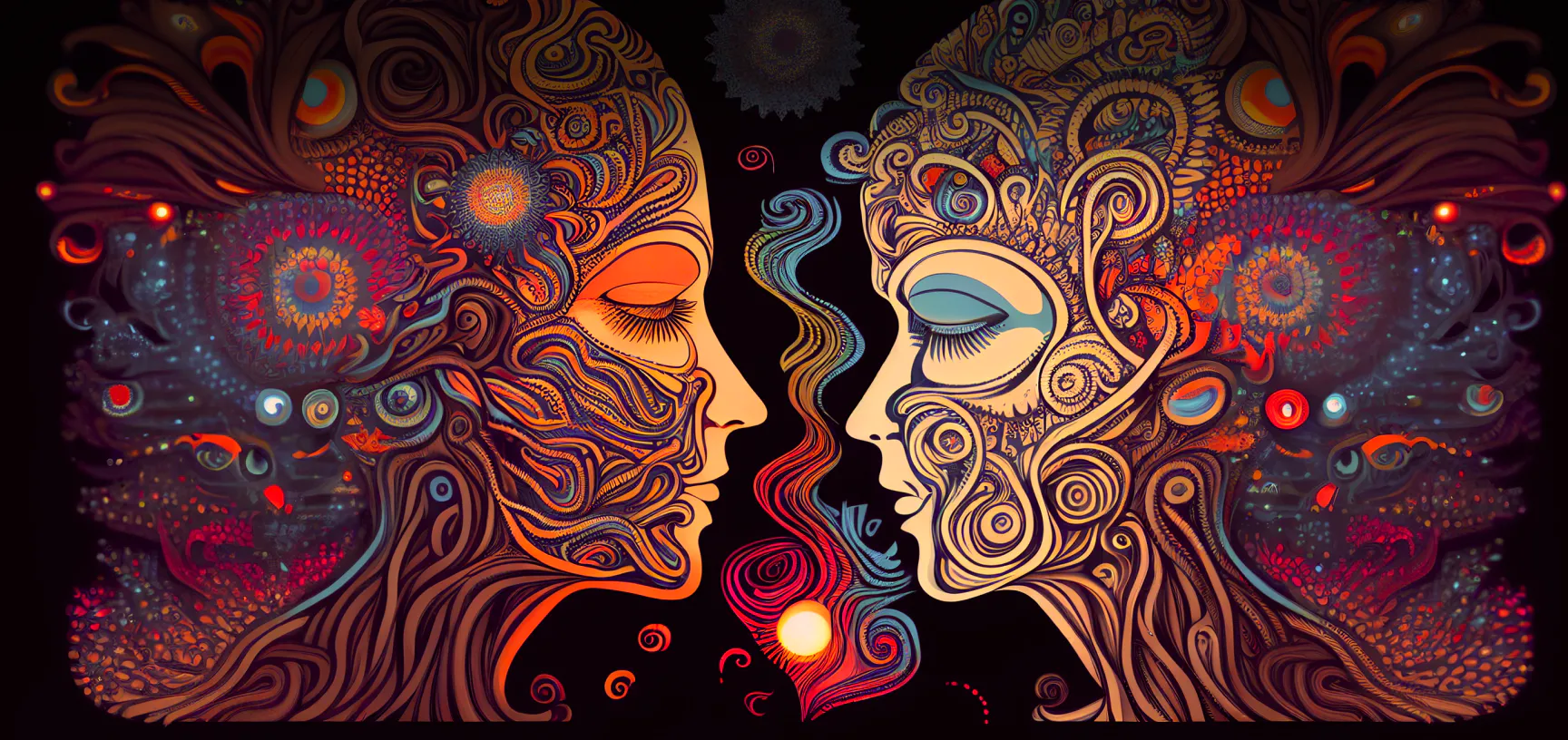
 Charley Wininger
Charley Wininger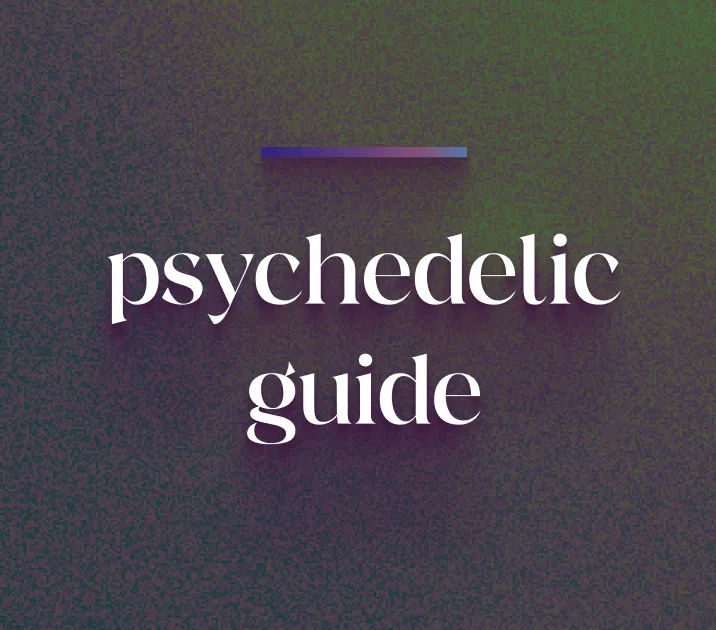
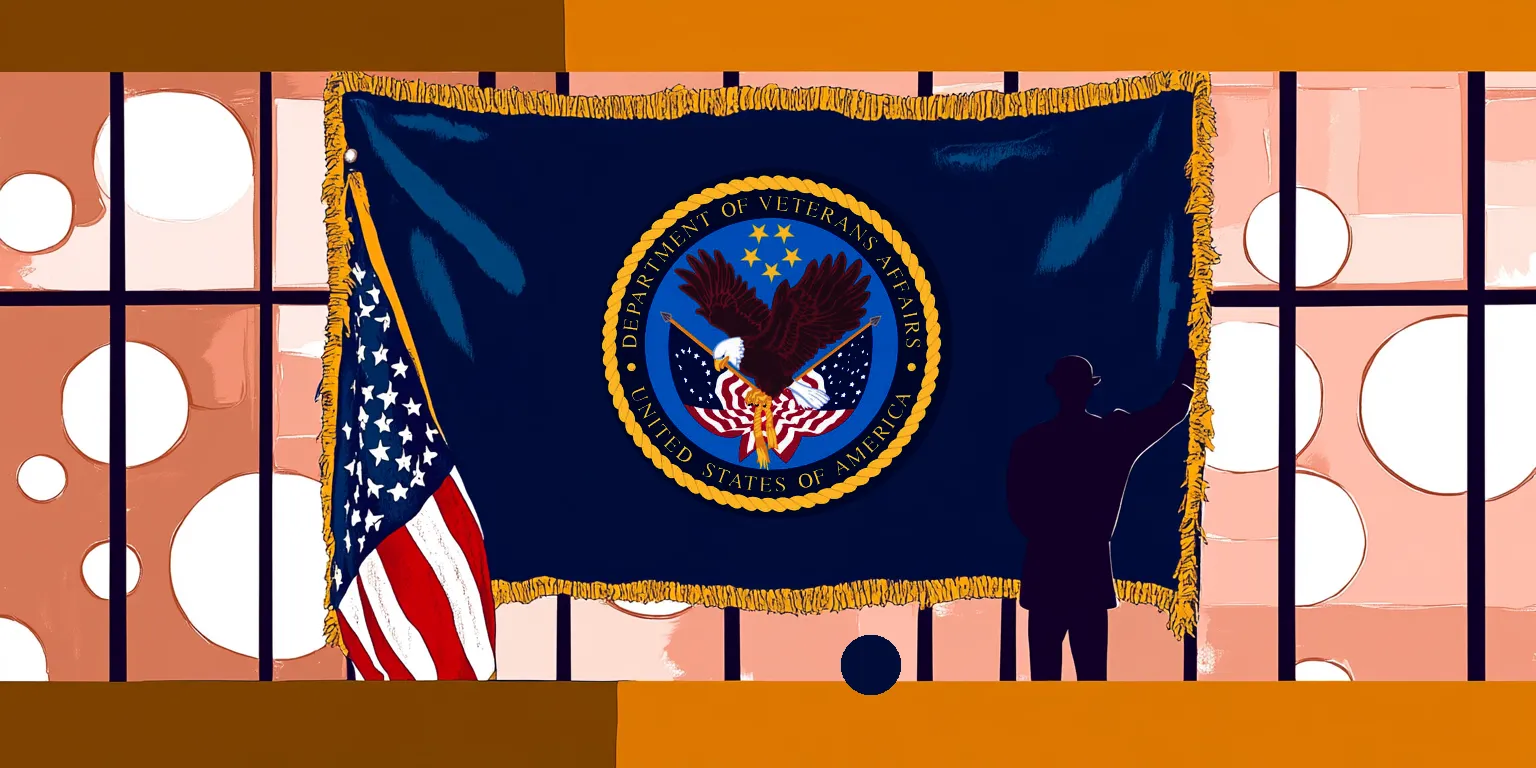
 David Connell
David Connell